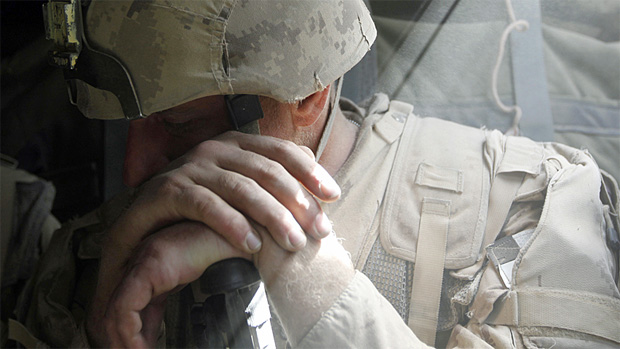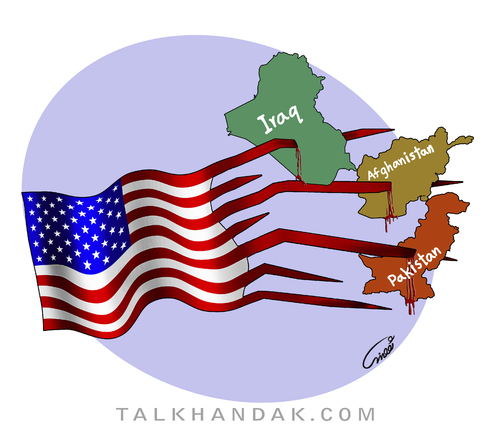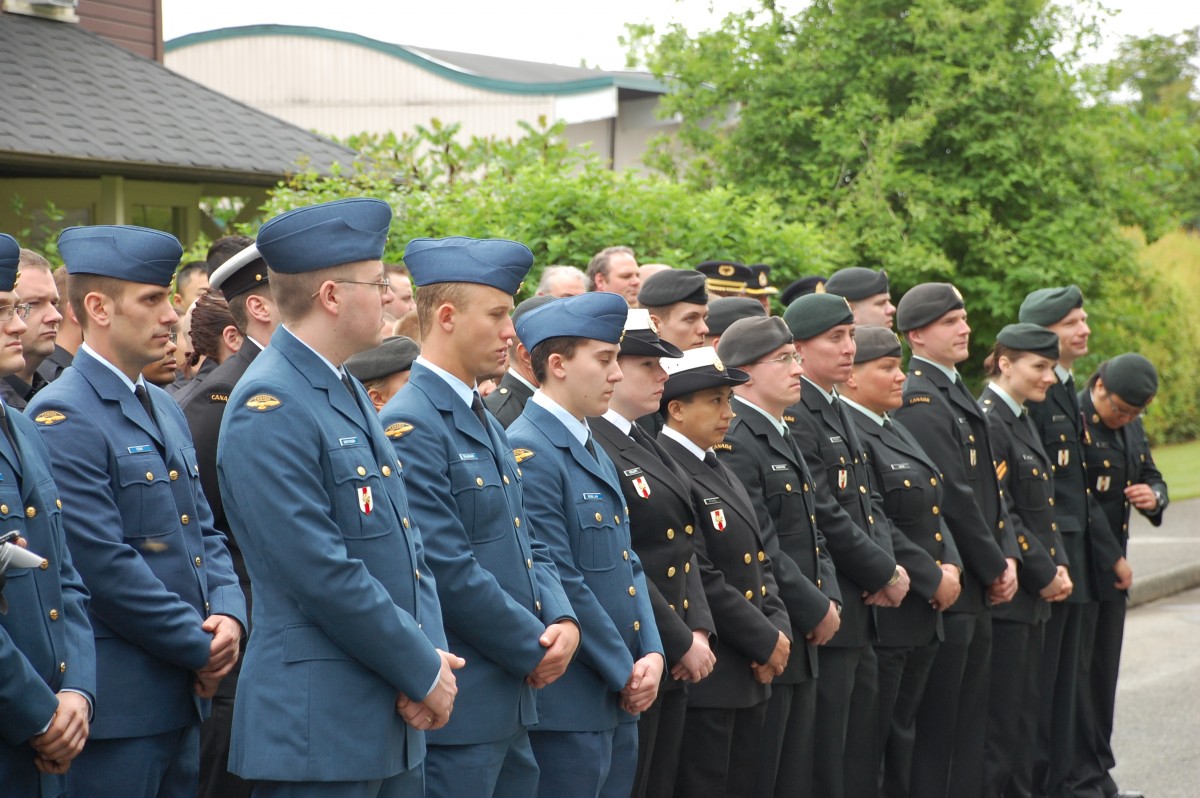Recently, four military personnel have taken their lives in the span of one week. The heartbreaking fact is that news like this has become a regular occurance. This article is the first in a two-part series that will assess some of the barriers to receiving treatment that Canada’s young men and women in the military face.
The importance of delivering a high standard of mental health care for veterans and soldiers is critical to the overall functioning of Canadian Armed Forces. This is particularly dangerous considering how an estimated 14% of veterans who have returned from Afghanistan are believed to be struggling with a mental health disorder. The most connom disorders seem to be Post Tramatic Stress Disorder (PTSD) and depression. Though not all of these individuals may be vulnerable to suicide, copycat suicides can be a concern. Also known as the “contagion effect,” this phenomenon is particularly among younger individuals under the age of 25 years. In addition, the military is effectively meant to function as a close unit. When one individual decides that he or she cannot cope with the pressures of life in the military and chooses to commit suicide, others may follow their lead.
One major factor preventing individuals from receiving necessary treatment is the issue of stigma. Admitting a mental health disorder can be seen as displaying weakness, especially in a culture that values heroism. Adopting the code of silence when an issue is not qualified as serious enough for disclosure is all too common. Unfortunately, the longer an individual keeps quiet about their issue, the more difficult it will be to deliver proper treatment.
Another barrier is the military’s policy towards individuals who are considered to be seriously at risk. It is not uncommon to discharge members of the military who are deemed to be unfit to engage in the duties of their job. At the very least, the patient’s senior officers may be alerted, which may produce a fear of bias or special treatment. As a result, more and more men and women are not speaking up when they need help, because their livelihood (and that of their family) depends on their ability to earn a steady income. Furthermore, many members of the armed forces joined at a young age and cannot fathom training for another profession or finding work elsewhere. Their support systems are their colleagues and leaving this network and its culture behind for full-time treatment may be counter-productive in some situations.
While the military “urges” people to speak up when they are facing issues that are larger than they can handle on their own, their actions are unfortunately encouraging veterans and other military personnel to do just the opposite.




